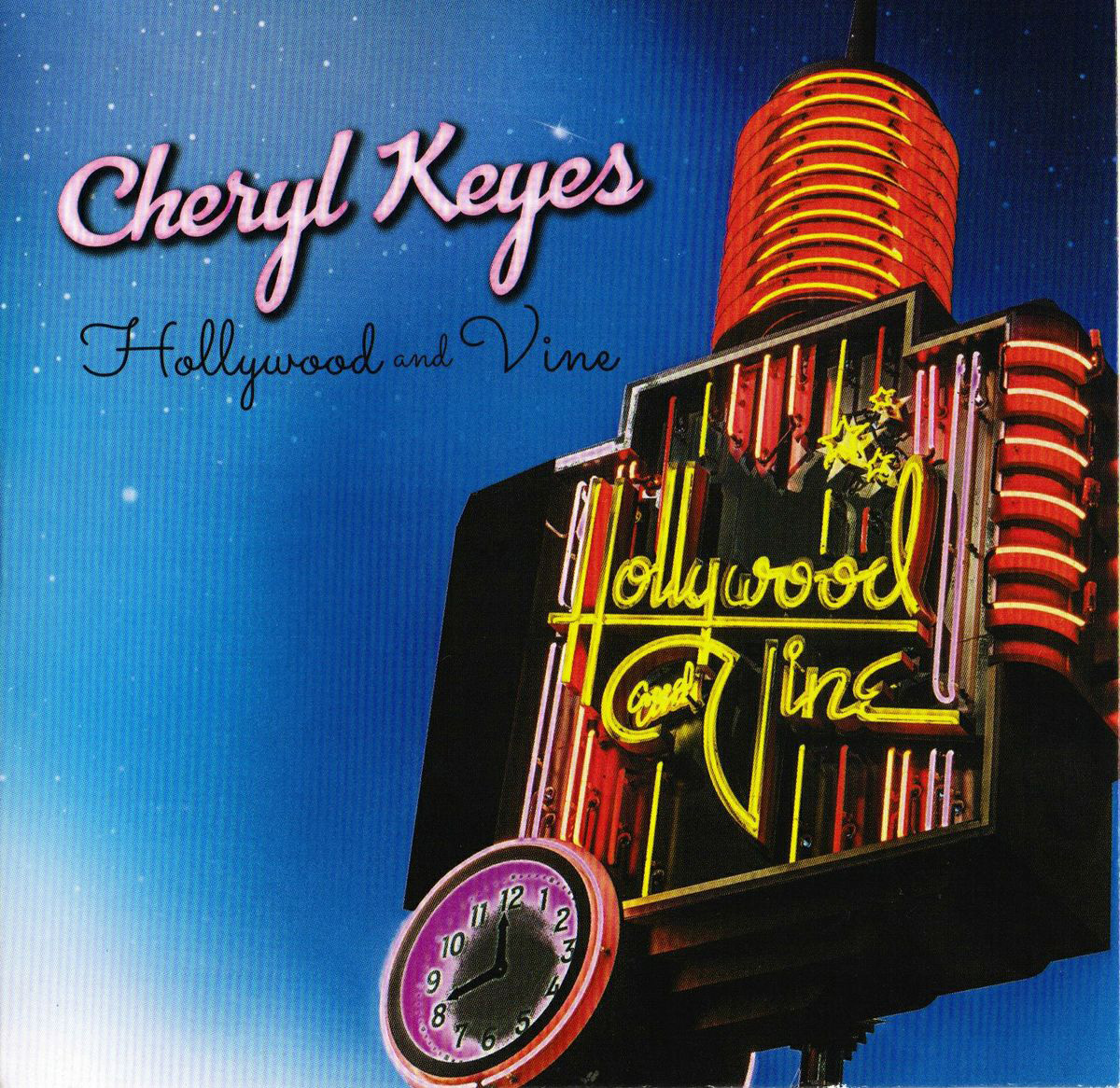Ethnomusicology professor uses knowledge of EDM roots in album

Professor Cheryl Keyes’ nu-disco a features electronic dance music and references to the film, “The Greasy Strangler.” The songs have influences from her areas of study as a professor of ethnomusicology. (Courtesy of Cheryl Keyes)
By Eli Countryman
Sept. 26, 2018 11:19 p.m.
Cheryl Keyes channeled her jazz and hip-hop education into electronic dance music.
Though the genre was new territory for her, the Department of Ethnomusicology professor said electronic dance music has roots in other forms of music she has spent years studying. Her album, “Hollywood and Vine,” which came out in April, features songs “Hollywood Vine” and “Want You,” and recently earned her a Global Music Award. Keyes, who is teaching African American Musical Heritage at UCLA this fall, said EDM stems from the underground culture of music styles from the 1970s.
“Its source springs from African-American bass music,” she said. “It was all about music to dance to, music that was electronically driven.”
The disco music and lyrics on Keyes’ album are inspired by the plot of “The Greasy Strangler.” The film features references to the history of disco as a musical genre, including a tour revolving around famous musicians in Los Angeles. Keyes said her songs fall into the category of nu-disco, which is a modern method of recreating the popular ’70s-style music, often utilizing electronic programs to mimic the sound of instruments like drums.
Some of the musical styles that influenced Keyes – disco, funk and hip-hop – sprouted within black communities and impacted the development of techno music and house music, Keyes said. Following the styles’ rises to popularity, people outside the United States took the music and worked it into a new genre.
“Once (the music) gets to Europe it becomes electronic dance music, when it’s nothing but a fusion of these three genres of music from the ’70s that came out of that African-American community,” Keyes said.
Graduate student Roderick Todd said genres like jazz and hip-hop are inherently similar to her electronic music. Each style is a musical interpretation of the pain and perseverance that inspired smooth gospel and blues. Being from Louisiana, Keyes’ exposure to many African-American genres of music ensured that her ability to create EDM was not a stretch artistically.
“(Keyes is) giving you the rhythm of (EDM) while still giving you the soul, the pain, everything you get in those great gospel songs,” Todd said.
The melody in “Want You” carries a common R&B hook, he said. The lyrics, “Want you, my baby I want you, my baby I want you / I need your lovin’ tonight” are sung with a choppy R&B flow that matches with the beat, while the upbeat rhythm brings in the EDM influences, he said. Meanwhile, Todd said the drumbeat in the background was similar to the Ying Yang Twins’ hip-hop song, “Wait (The Whisper Song).”
“She’s lived music, she’s taught it and she is proficient in playing it,” he said. “She instinctively can cover a little bit of everything.”
While most of the music was created electronically, Keyes said some aspects of the album were recorded with physical instruments like drums. Ramin Sakurai, the owner of Prismtone Records – the company that produced “Hollywood and Vine” – said they created the rest of the sounds through a program called Ableton Live, which is popular among EDM producers. The music incorporated horns and synths, and Sakurai said the music resulted in elements of funk and other African-American genres making their way into the songs on the album.
Though Keyes’ original goal of creating “Hollywood and Vine” to feature in “The Greasy Strangler” did not pan out, she said making EDM opened her up to a new world of facilitated music production due to virtual instruments. While other styles of EDM exist that feature fewer lyrics and more intense beats, she said her style incorporated the genres she has studied as part of African-American music.
“You absorb all of this music and sound culture, and whenever you need it, it comes out. I don’t see (the genres) as detached,” she said. “They all flow from one another.”


